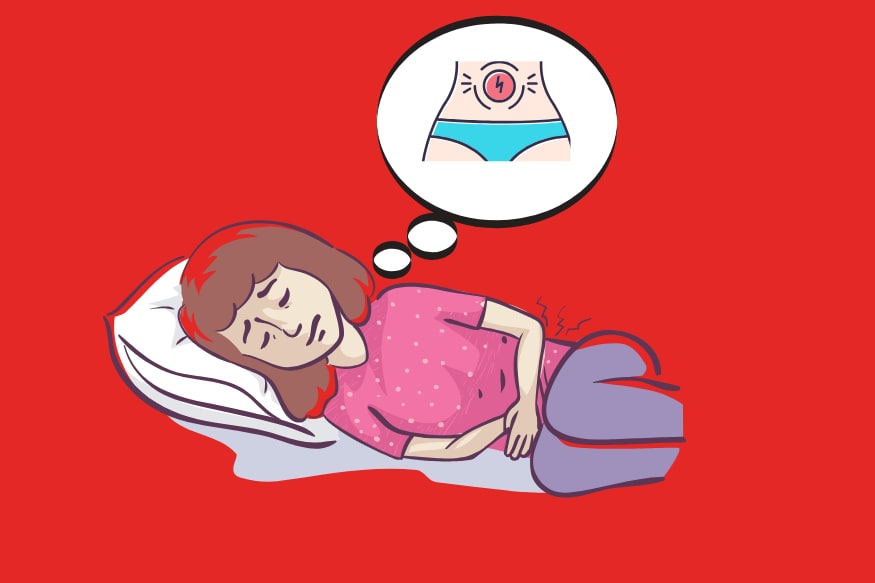A woman has a menstrual period when her body sheds her uterine lining, which had thickened to prepare for the potential implantation of a fertilized egg in the uterus and would result in pregnancy. Beyond that description, periods can vary widely from woman to woman, and there is no singular definition of a “normal” period. But on average, a menstrual period generally lasts for three to seven days, The severity of symptoms before and during your period can also vary, but may include cramping, breast tenderness, bloating, headaches, fatigue, mood swings, and food cravings.

There’s no such thing as a “normal” period though. What might be totally standard procedure for your menstrual cycle will be completely out of the norm for someone else. For most people, periods last between three to eight days and the blood flow is heaviest at the start. It may seem like you’re losing a lot of blood but typically you’ll lose about 30 ml to 72 ml which is the equivalent of five to 12 teaspoons.
What actually your periods tell about your health?
Heavy Flow and Tired
When you lose blood through heavy periods, you’re losing red blood cells, and that can lead to iron-deficiency anemia. One study found 5% of women of childbearing age are affected. If you’re short of breath, feeling weak and fatigued, look pale, and have a rapid heartbeat, too, let your doctor know. A simple blood test can tell you if you need treatment.
Missed Periods
The most common cause is pregnancy, but stress, a hormone imbalance, being underweight, scar tissue, and some meds can also stop periods. If you’ve skipped three in a row, see your doctor. Other symptoms you have will help them figure out what’s going on. For example, extra hair growth, acne, and trouble controlling your weight, too, suggest polycystic ovary syndrome. And it’s not unusual to be irregular when you’re close to menopause.
Other Cramps
Some cramps start earlier in your cycle and last longer. And you generally don’t feel sick in any other way because of them. These aren’t normal. The lining of your uterus may be growing where it shouldn’t (endometriosis or adenomyosis), you may have fibroids (noncancerous growths in your uterus), or you could have pelvic inflammatory disease, a serious infection that can lead to infertility and long-term pain.
Regular Early Headaches
A headache around the start of your period every month could be related to the drop in your estrogen level or the release of prostaglandin. It’s called a menstrual migraine. You may not recognize it as a migraine because there’s no aura and it lasts longer than other types. Anti-inflammatory painkillers like mefenamic acid and naproxen may help prevent them. Or your doctor may want to try to keep your estrogen level steadier.

